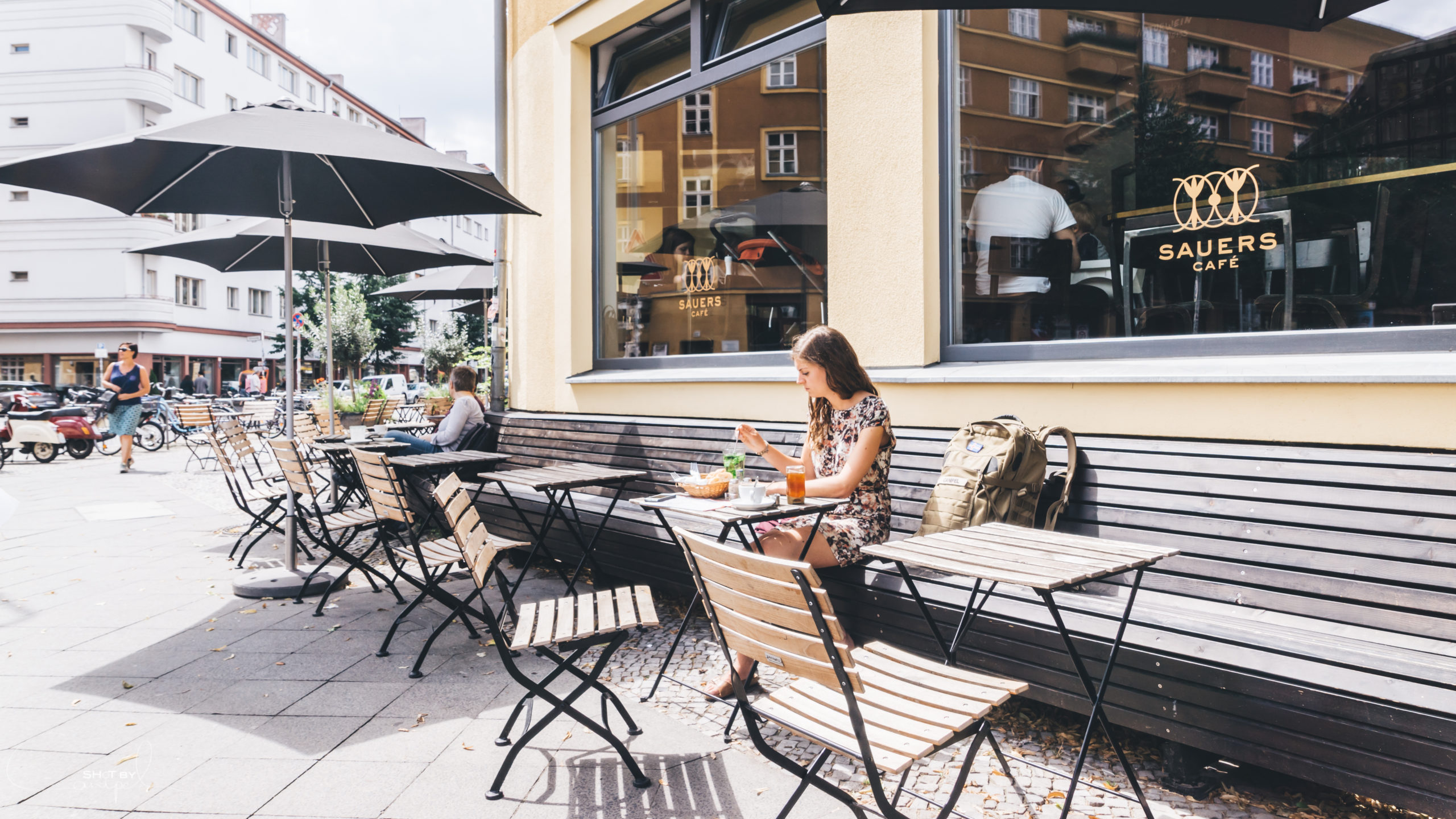Blog November 23, 2020
The Benefits of Going to a Place “Where Everyone Knows Your Name”

The ritual of going to a place where one is a “regular” is a cherished one. Sarah Firshein of Eater said, “When you’re a regular, you become a creature of habit and ritual, joyously unburdened by the agonies of choice.” But it’s much more than that. Having a local “watering hole” whether it’s coffee, tea, or something stronger, connects us to our communities and the people in them.
Most Americans have a place where they are a “regular,” whether it’s a bar, a neighborhood park, coffee shop or restaurant. According to newly released data, 67 percent of Americans have a place in their community they visit regularly. Approximately one in three (32 percent) say they do not. And the bulk of Americans—62 percent—who visit their own neighborhood spot say they generally recognize other people there when they go. Only thirty-eight percent say they do not.
Although cities are often characterized as lonely places, city dwellers are actually more likely to have a neighborhood spot than those living in other types of communities. Only about half (52 percent) of rural residents report there is a local place they go regularly, compared to roughly seven in 10 (73 percent), Americans living in urban areas. However, city dwellers and suburbanites are far less likely than small-town and rural residents are to say that they recognize other people when they visit their neighborhood spot. Among Americans who have a place they visit regularly, around three-quarters of small-town (76 percent) and rural residents (75 percent) recognize other patrons or visitors, while substantially fewer residents of cities (54 percent) and suburban communities (57 percent) say the same. Small-town residents are unique in that a substantial number say they have a regular place that they go and that they generally recognize other folks there when they do.
The importance of having a place you go to in your local community goes beyond satisfying one’s appetite or caffeine fix. It has a real impact on how people feel about the place they live. Having a regular neighborhood haunt is associated with more positive perceptions of Americans’ community and greater civic engagement. Almost seven in 10 (68 percent) Americans have a local place they regularly visit say they feel at least somewhat closely connected to the place where they live and the people who live there. Less than half (48 percent) of those who do not have a regular place in their say they feel similarly close to their community.
Because of the COVID-19 pandemic, these community spaces look a little different right now. Take-out, mobile ordering, outside dining, window pick-up, and, in some cases, closed doors. But many people are finding ways to support their neighborhood café, bar or restaurant that provides them with a sense of community and a feeling of normalcy. Coffee shops, restaurants, and parks have more importance than ever in connecting us to our community and to the world outside our homes.








